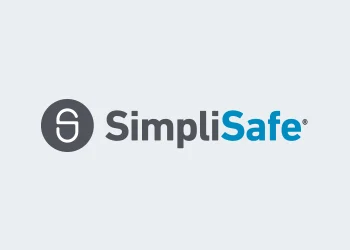A Message to our Customers About Coronavirus
Posted March 13th, 2020 by SimpliSafe

This post contains the latest updates on all SimpliSafe news related to COVID-19 (coronavirus).
Communities around the globe are working to mitigate the spread and impact of coronavirus, and SimpliSafe’s hometown of Boston is no exception. As health policies and guidelines are updated, we will adapt in order to keep our customers safe.
We will continue protecting you 24/7 with alarm monitoring and emergency responses to fire, carbon monoxide, intrusion, and medical emergencies.
24/7 Professional Alarm Monitoring Center Preparedness
Our monitoring centers have the most comprehensive redundancy in the industry, and are designed exactly for situations like this. Our monitoring centers are disaster-ready facilities dedicated to doing one job: responding to your alarms 24/7.
Here’s how we prepared to keep you safe, no matter what:
We’ve got 6 monitoring centers spread out across the U.S.
All alarm signals can be re-distributed to any alarm center as needed
Each center is always able to handle a surge of 20% more alarms at any time.
If any one center is impacted, we can quickly staff-up the others.
Quarterly disaster preparation training for dispatchers
Tech Support Team Readiness
We have 3 independent call centers open 7 days a week from 9am to midnight EST. Should any center be impacted, all our techs are prepared to work from home. Currently, we are answering calls within 15 seconds during non-peak hours.
UPDATE: We are committed to continuing to operate to keep you and our employees safe. We have now successfully shifted our tech support team to remote working. Some of you may experience background noise on your calls, but we hope you’ll understand and bear with us, as we all adjust to this health emergency and keep each other safe.
Any change in call wait times will in no way impact or reflect the protection you receive through our monitoring center.
Health and safety guidelines
Please refer to the following health and safety guidelines, which we are also utilizing to inform our policies and best practices with regards to coronavirus: